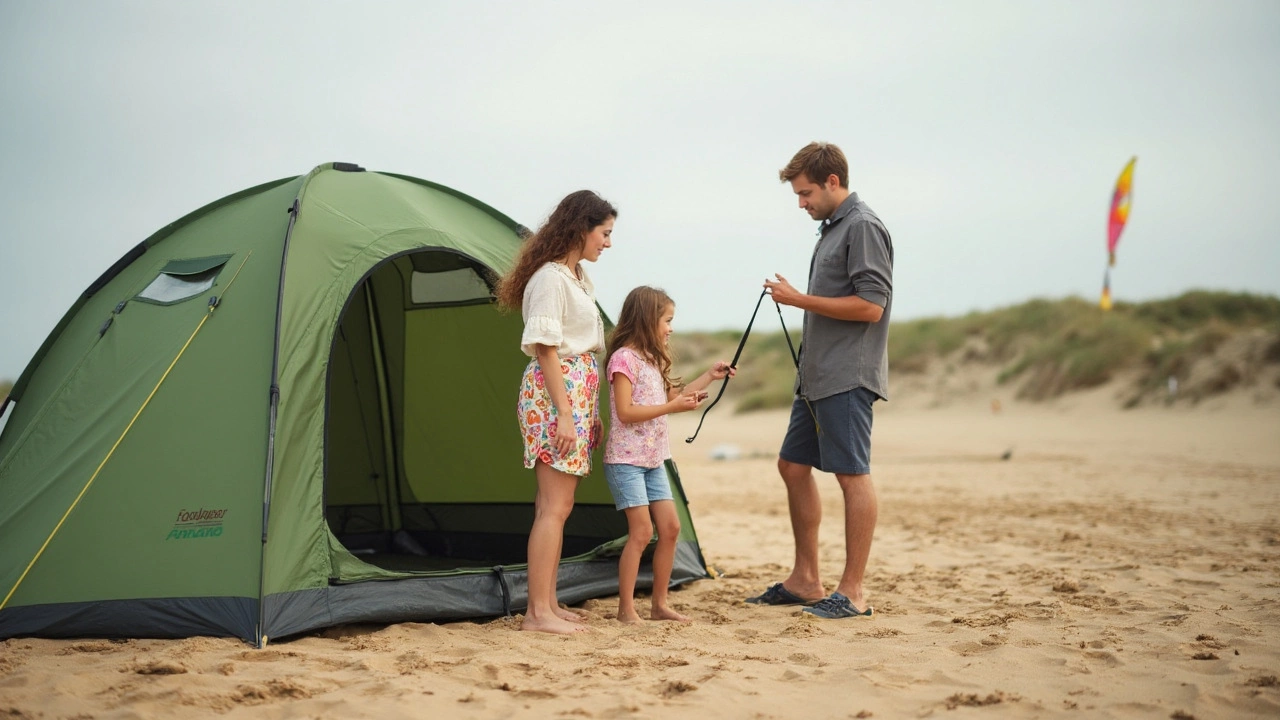Tent Camping in the UK: What You Need to Know
Thinking about setting up a tent for your next road trip? You’re not alone – more people are swapping hotel rooms for a night under the stars. The good news is that with a bit of know‑how you can camp on a beach, in a public park or even in the wild without getting a ticket. Below you’ll find the basics, legal must‑knows and a few practical tricks to make your tent stay smooth.
Where Can You Pitch a Tent?
First up, locations. In England and Wales most open land counts as private property, so you need permission. That means most beaches, parks and countryside spots require a campsite or landowner’s OK. Scotland is different – the Scottish Outdoor Access Code lets you camp on most lands for up to two nights, as long as you follow the "leave no trace" rules.
For beach lovers, a few places allow overnight stays: Sandown Bay (Isle of Wight), Holkham Beach (Norfolk) and parts of the Pembrokeshire Coast. Always check the local council website or the beach’s byelaws before you set up. Public parks often have designated areas for temporary tents, especially during festivals, but many forbid overnight stays altogether. If you’re unsure, a quick call to the park office can save you a fine.
Legal Tips & Common Pitfalls
Getting fined is easy if you ignore the rules. In England, wild camping on most public land is illegal and can lead to a £30‑£500 fine. The key is to stick to authorized campsites or seek landowner permission. When you’re on a beach, look for signage about "no camping" – it’s usually enforced during the high season.
Scotland’s more relaxed approach still expects you to camp responsibly. Keep your tent small, avoid protected habitats and stay clear of any livestock. If a landowner asks you to move, do it without a fuss – it’s part of the unwritten etiquette.
Don’t forget about fire rules. Open fires are banned on many coastal sites and in most forests during dry periods. Use a portable gas stove instead, and always extinguish your stove fully before packing up.
Now that you know the where and why, here are a few quick hacks to make your tent night easier:
- Pack a groundsheet. It protects the tent floor from sand, damp grass and sharp stones.
- Use a sandbag or heavy stone. Coastal winds love to lift loose pegs – a simple bag filled with sand does the trick.
- Bring a small flashlight with red mode. It helps you find your way without attracting insects.
- Check the tide times. Even if camping is allowed, high tide can wash away your gear.
Finally, remember the golden rule: leave the spot cleaner than you found it. Pack out all litter, close any zip‑lock bags and flatten any fire rings. Your next campsite will thank you, and you’ll avoid the hassle of complaints or fines.
With these basics in place, you’re ready to enjoy a night under the sky, whether it’s a quiet beach sunset, a park’s leafy shade, or a Scottish lochside view. Grab your tent, check the local rules, and hit the road – the UK’s outdoors are waiting.
Camping Tent on the Beach: Can You Really Use Yours?
Thinking about using your regular camping tent on the beach? There are some things you need to know before staking it in the sand. This article breaks down what works, what doesn't, and how to avoid common mistakes. You'll get straightforward tips on setup, weather, and gear you might not have thought about. Ideal for families and anyone curious about making beach camping work.
